pols 296 spring 2003 jan feldman 511 old mill x64202 [email protected] office hours: tth 1:50-3:30 or by appt. the
POLS 296
Spring 2003
Jan Feldman
511 Old Mill
X64202
[email protected]
Office Hours: TTH 1:50-3:30 or by appt.
Theories of Citizenship
The idea of citizenship holds a prominent place in the history of
Western political thought. It goes to the heart of justice in a
community, namely the relationship between the individual and the
collective, and the distribution of the benefits and burdens of
membership. How we think about the normative dimension of citizenship
has changed over time. Its roots are in Athens and Rome and the long
evolution from tribal to civic states. The idea of citizenship is
transformed by the Enlightenment and evolved further in the face of
later political and economic struggles. The contemporary revival of
interest in the concept of citizenship is a response to globalization,
the formation of newly independent states in the wake of the
disintegration of the Soviet Bloc, the rise of nationalist and
sub-national movements, demands for political recognition by
minorities, and demographic forces, including dramatic shifts in
population as the result of immigration.
States are scrambling to deal with tensions created by increasingly
complex societies. Citizenship is seen as one of the major devices for
countering the centrifugal forces created by pluralism. Can
citizenship provide the integument needed to maintain political unity
in the face of competing demands on our loyalty and competing sources
of identity such as: ethnicity, race, gender, religion, and class?
What are the special requirements of democratic citizenship? Are we
producing citizens of sufficient dedication and competence to keep
democratic political institutions afloat? This seminar will explore
the concept of citizenship, its historical development, and the
special challenges of citizenship in modern, multicultural societies.
Course requirements:
This is a seminar in which reading and participation are central. You
will be asked to submit an outline and short analysis of each reading
prior to the class to which it pertains. In addition, there will be a
research project to be presented at the end of term.
The four books for the course may be purchased at the Bookstore. The
additional readings, in the form of articles, will be available on
electronic reserve under my name, the course number and title.
Books:
Beiner, Ronald, Ed. Theorizing Citizenship
Shafir, Gershon, Ed., The Citizenship Debates
Faulks, Keith, Citizenship
Nussbaum, Martha, Ed., For Love of Country
I. The Concept of Citizenship
Faulks, Ch. 1 The Idea of Citizenship
Dauenhauer, Bernard, Ch. 2.The Twentieth Century Debate
Castles and Davidson, Ch. 1. The Crisis of Citizenship
Ch. 2. Theories of Citizenship
In Beiner: Ch. 3 George Armstrong Kelly, Who Needs a Theory of
Citizenship?
In Shafir, Ch. 1 Gershon Shafir, The Evolving Tradition of Citizenship
II. The Evolution of Citizenship from the Greeks and Romans through
the medieval city -state to the nation-state.
Gross, Feliks Ch. 1 The Way it Began
Ch. 2 Roots of Citizenship: Athens and Rome
In Beiner: Ch. 1 JGA Pocock, The Ideal of Citizenship since Classical
Times.
In Shafir: Ch. 3 Max Weber, Citizenship in Ancient and Medieval Cities
Gross, Feliks, Ch. 4 Unfolding of Democratic Citizenship
In Faulks, Ch. 2 Citizenship and the Nation State
Dagger, Richard, Ch. 6 Citizenship and the General Will
In Shafir Ch. 4 John Rawls, Justice as Fairness in the Liberal Polity
The Critique of Liberal Citizenship: Communitarians and Civic
Republicans
Civic Virtue and Republican Models:
Faulks, Ch. 3 Rights and Responsibilities
In Shafir: Ch. 5 Adrian Oldfield Citizenship and Community
Castles and Davidson: Ch. 5 Being a Citizen
Dagger, Richard: Ch. 11 Difference, Excellence and Republican
Liberalism
Educating Competent Citizens:
Dauenhauer, Bernard, Ch. 7 Education and Competent Citizenship
Dagger, Richard, Ch. 7 and Ch. 8: Encouraging Citizenship; Education,
Autonomy and
Civic Virtue
Kymlicka, Will, Ch. 16 Education for Citizenship
Anti-virtues:
In Beiner, Ch. 4 Richard Flathman Citizenship and Authority
III. Citizenship and Identity: class, culture, ethnicity, race,
religion, sexual orientation, gender or "differentiated citizenship"
Social Class:
Karl Marx, On the Jewish Question
In Shafir: Ch. 6 T.H. Marshall Citizenship and Social Class
Faulks; Ch. 4 Pluralism and Difference
Isin and Wood Ch. 2 Modern Citizenship: Civil, Political, and Social
In Beiner: Ch. 5 Michael Walzer, The Civil Society Argument
Citizenship in a Multi-ethnic State
Ch. 6 Iris Marion Young Polity and Group Difference
In Shafir Ch. 9 Will Kymlicka Multicultural Citizenship
Gender and Citizenship:
In Shafir: Ch. 11 Kathleen Jones, Citizenship in a Woman-Friendly
Polity
Isin and Wood: Ch. 4 Sexual Citizenship: Identities of Gender and
Sexuality
Religious Citizens
Alan Wolfe, Civil Religion Revisited
Ronald Thiemann Public Religion
Michael McConnell Believers as Equal Citizens
Patriotism vs. Cosmopolitanism: Is Love of Country a Virtue?
In Nussbaum, Martha, Ed. For Love of Country
Nussbaum, Patriotism and Cosmopolitanism
Barber, Constitutional Faith
Glazer, Limits of Loyalty
Gutmann, Democratic Citizenship
Himmelfarb, The Illusion of Cosmopolitanism
Sen, Humanity and Citizenship
Taylor, Why Democracy needs Patriotism
Walzer, Spheres of Affection
In Beiner, Ch. 7 Alasdair MacIntyre Is Patriotism a Virtue?
Citizenship in a Postmodern, Global World
Isin and Wood, Ch. 7 Radical Citizenship
Faulks, Ch. 6 Citizenship in a Global Age
Castles and Davidson, Ch. 7 The End of National Belonging
In Beiner, Ch. 8 Joseph Carens, Aliens and Citizens: The Case for Open
Borders
Student Presentations
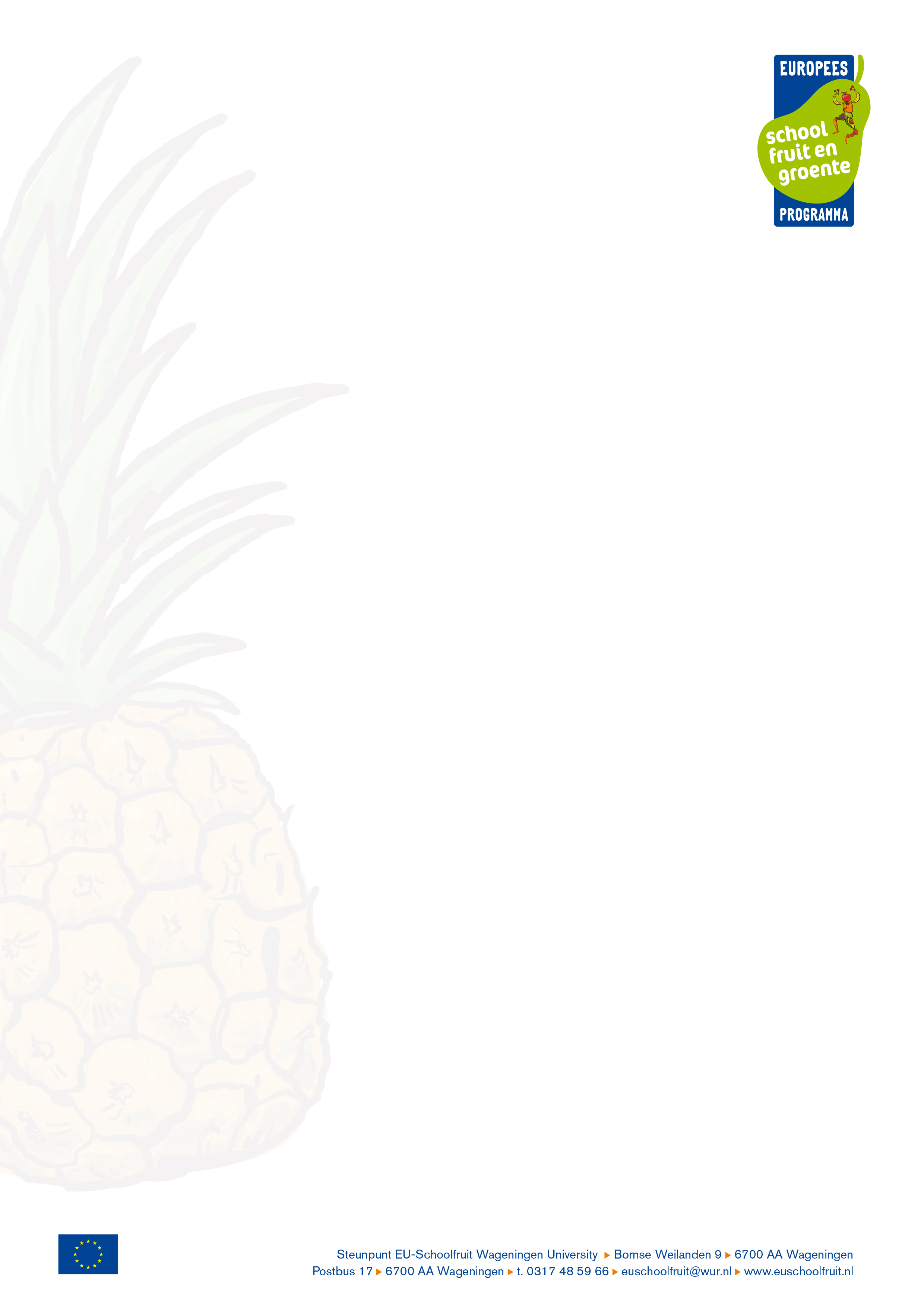 [VOORBEELDBRIEF MEEGEVEN] BETREFT WE STARTEN MET SCHOOLFRUIT! BESTE OUDER(S)VERZORGER(S)
[VOORBEELDBRIEF MEEGEVEN] BETREFT WE STARTEN MET SCHOOLFRUIT! BESTE OUDER(S)VERZORGER(S)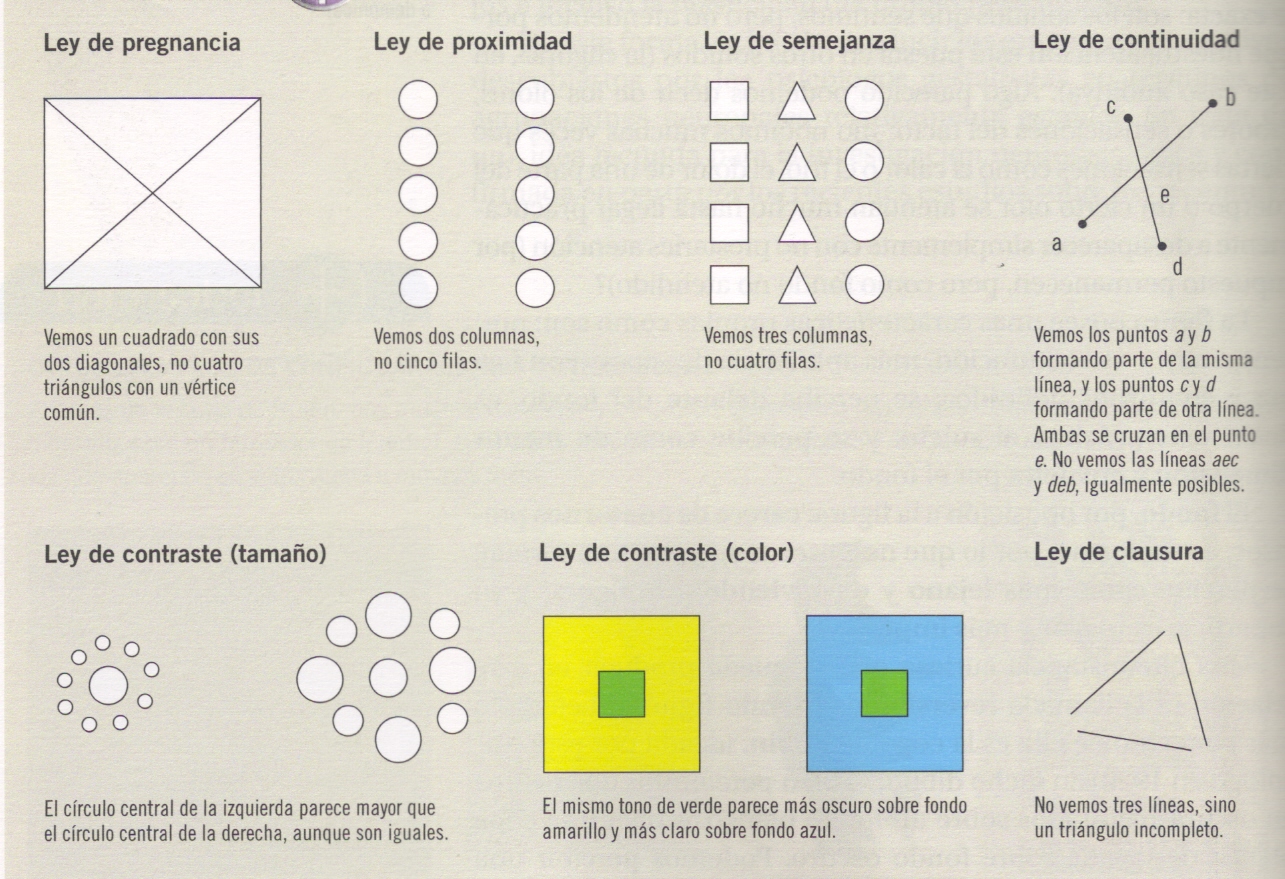 SENSIBILIDAD Y PERCEPCIÓN 1 LA SENSIBILIDAD 1 LOS SENTIDOS
SENSIBILIDAD Y PERCEPCIÓN 1 LA SENSIBILIDAD 1 LOS SENTIDOS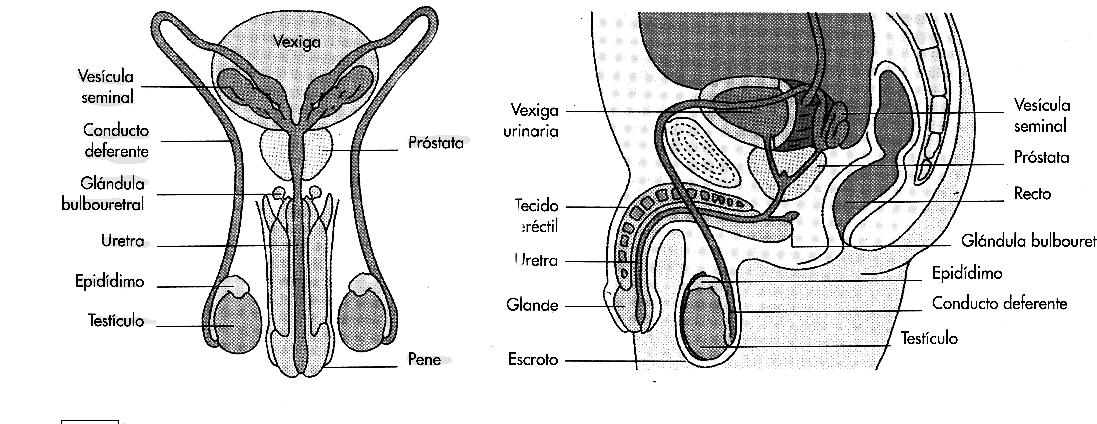 SEXUALIDAD Y GÉNERO ANATOMÍA Y FISIOLOGÍA SEXUAL MASCULINA A)
SEXUALIDAD Y GÉNERO ANATOMÍA Y FISIOLOGÍA SEXUAL MASCULINA A) ESCRIBA SENTADO DEL CAIRO (ED MERCABA MURCIAESPAÑA) A) MUNDO
ESCRIBA SENTADO DEL CAIRO (ED MERCABA MURCIAESPAÑA) A) MUNDO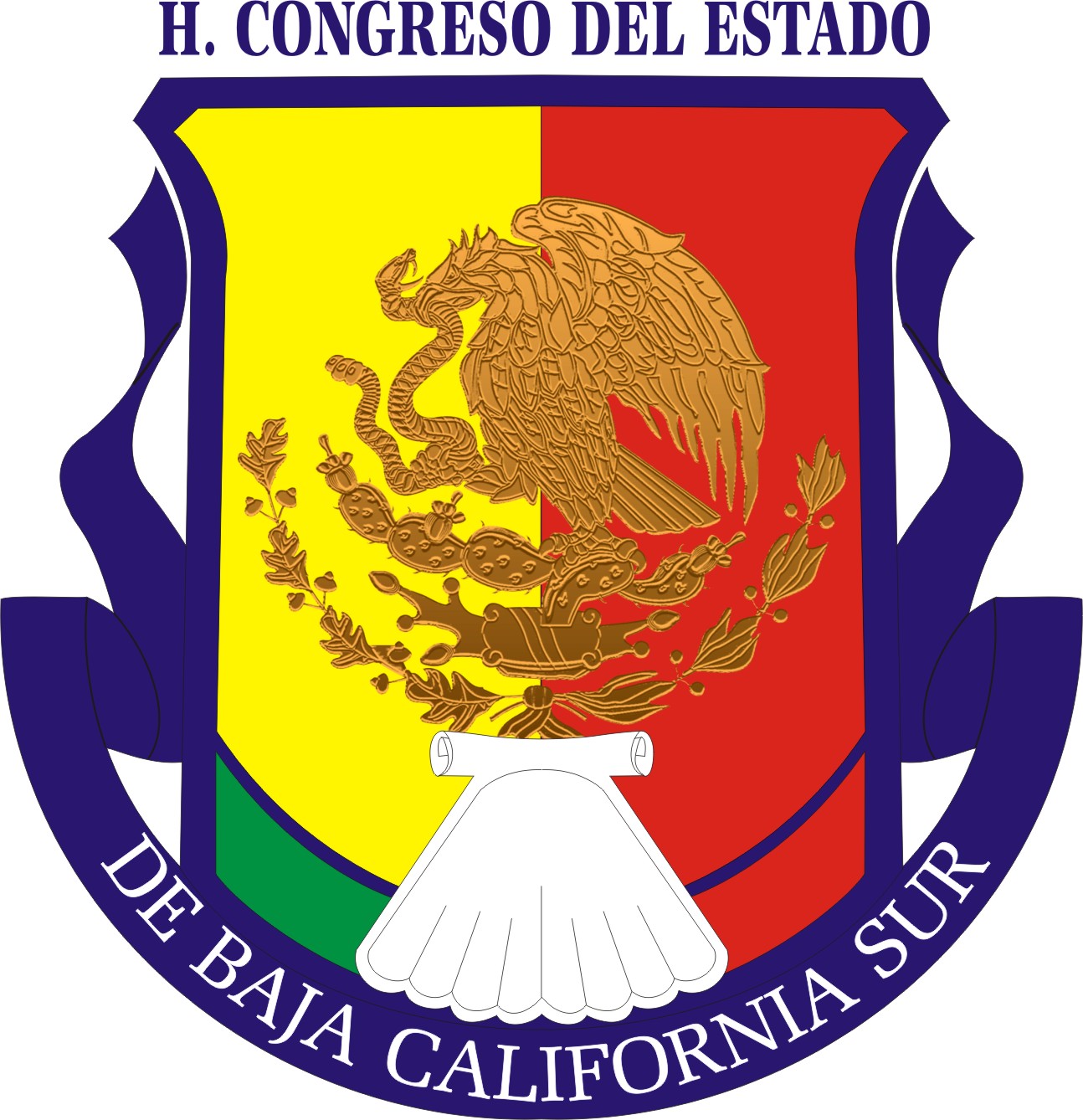 L EY DE HACIENDA DEL ESTADO DE BAJA CALIFORNIA
L EY DE HACIENDA DEL ESTADO DE BAJA CALIFORNIA Application for Employment we Consider Applicants for all Positions
Application for Employment we Consider Applicants for all Positions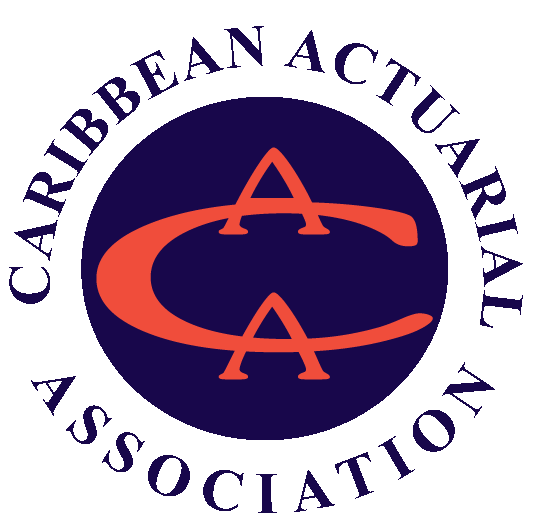 PRELIMINARY EXPOSURE DRAFT 1 AUGUST 2014 GLOSSARY OF DEFINED
PRELIMINARY EXPOSURE DRAFT 1 AUGUST 2014 GLOSSARY OF DEFINED PANNON EGYETEM TÁJÉKOZTATÓ JELEN TÁJÉKOZTATÓ NEM TARTALMAZ MINDEN INFORMÁCIÓT
PANNON EGYETEM TÁJÉKOZTATÓ JELEN TÁJÉKOZTATÓ NEM TARTALMAZ MINDEN INFORMÁCIÓT ELECTRICITY AROUND THE WORLD AT THE END OF THIS
ELECTRICITY AROUND THE WORLD AT THE END OF THIS